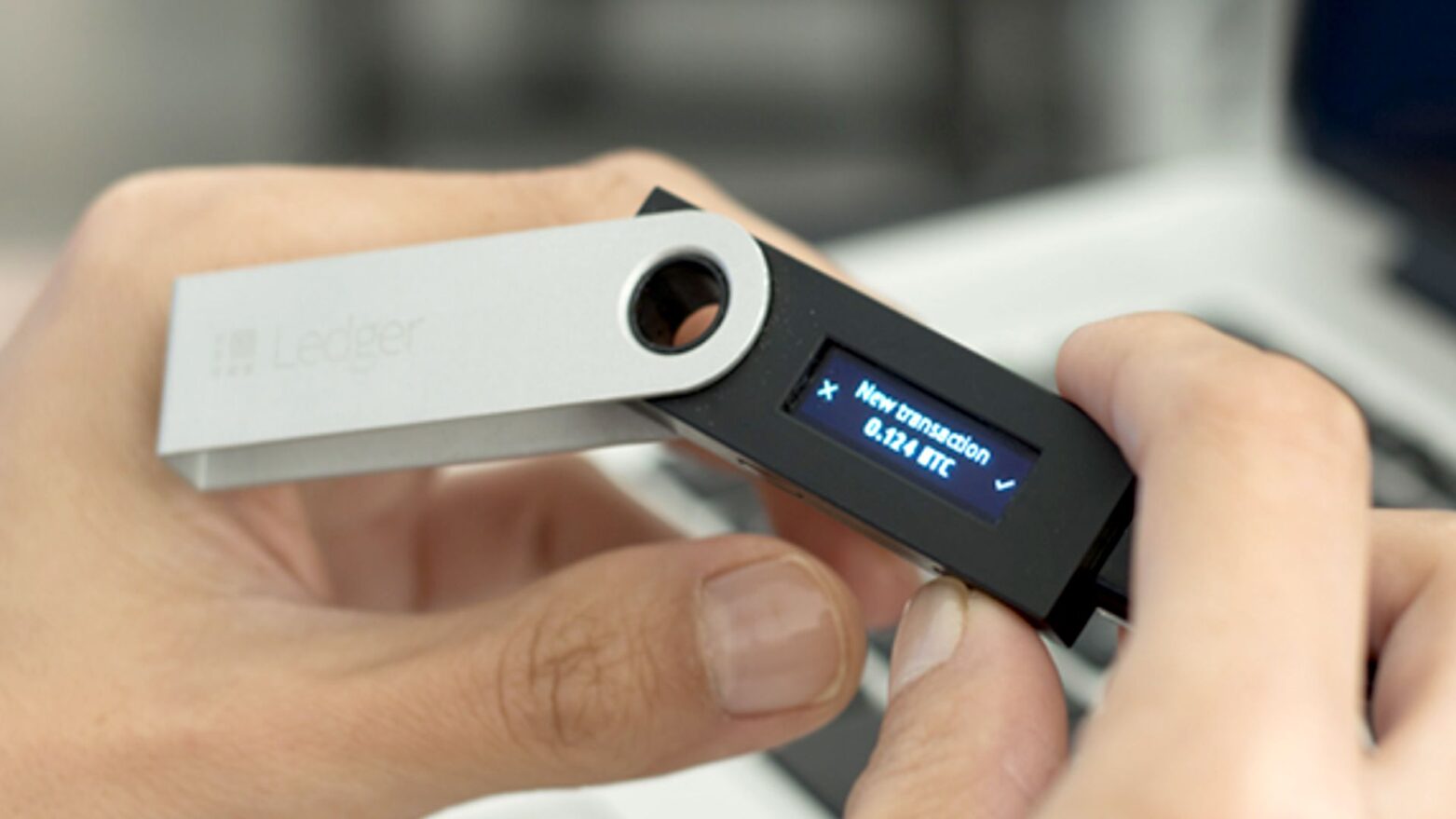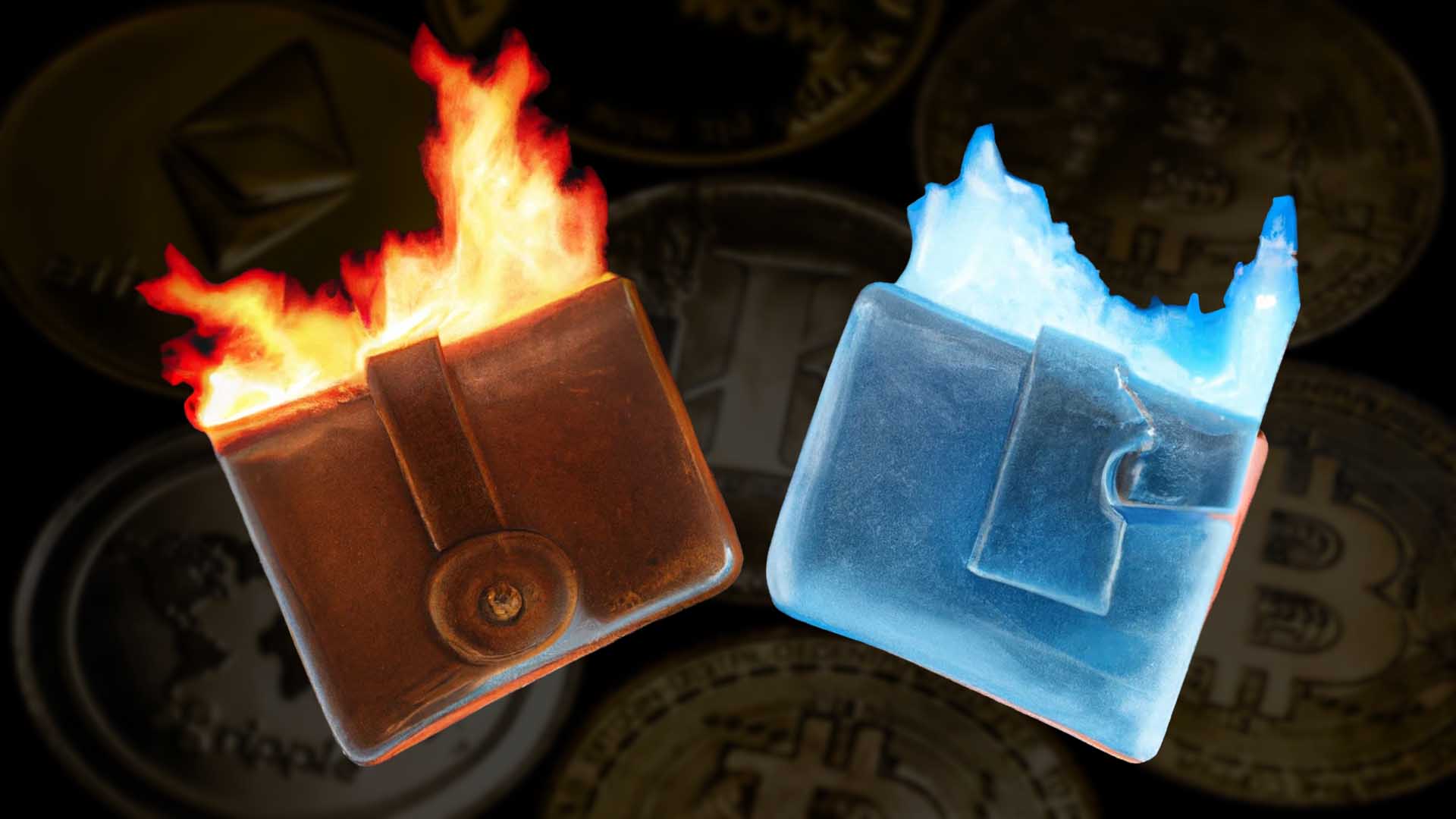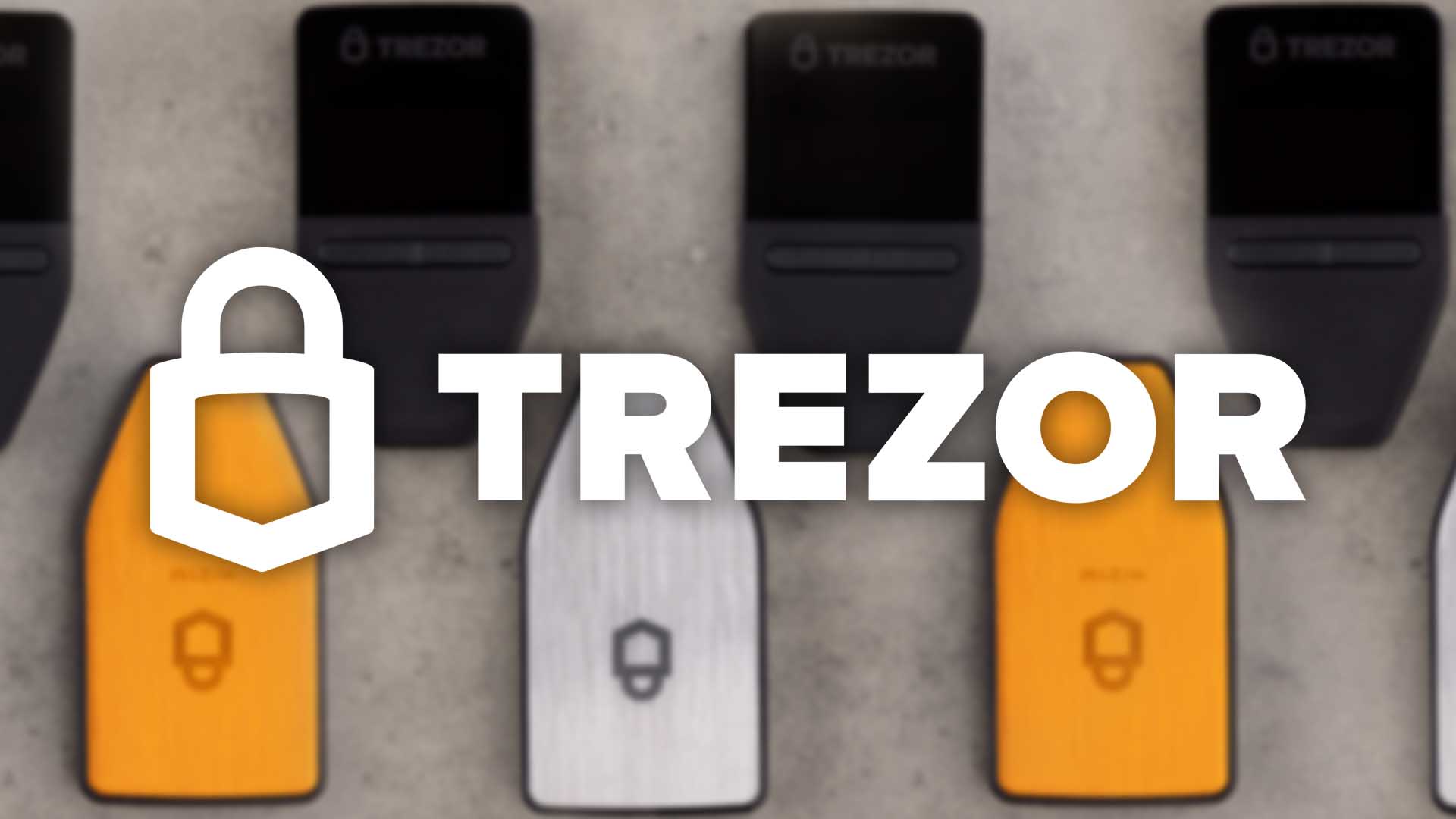In daily life, we put our physical wallets into our bags, and these wallets generally involve important things, like cash, credit cards, and so on. Like real-life wallets, there are cryptocurrency wallets in which cryptocurrencies are held. Without crypto wallets, people cannot make investments in the crypto space in a good and concrete way.
People in the space can use two main types of crypto wallets that are hot and cold wallets. Also, the combination of hot and cold wallets can be preferred to hold cryptocurrencies. Now, we want to share the details of hot and cold wallets and the differences between these two types of crypto wallets.

Hot Wallet
A hot wallet can also be called a digital wallet or online wallet because the wallet type is found in the virtual environment. In other words, hot wallets are connected to the internet, and users can reach their hot wallets via their computers, tablets, and mobile phones.
A lot of people are using MetaMask, Coinbase Wallet, and Edge Wallet to hold their digital assets, and these wallets are examples of hot wallets.
Advantages of Hot Wallets
Firstly, hot wallets are easy-to-use, so beginners in the crypto space can adopt the necessary processes quickly with the help of the wallet type. Moreover, most of the hot wallets do not require a purchase from people to use. Also, users can access their cryptocurrencies and trade them easily, so hot wallets support the short-term storage of crypto.

Disadvantages of Hot Wallets
At that point, we want you to think about the cybersecurity issue in social media platforms. Most users of social media can lose their accounts to scammers, and a similar situation must be mentioned for hot crypto wallets. Fake social media profiles and phishing method can be used to reach hot wallets by cybercriminals, so the cybersecurity of hot wallets is average. The internet usage for hot wallets is also affecting the issue; if users reach their hot wallets via public internet networks, hackers and scammers can realize the situation and reach the wallets easily. In addition to cybersecurity, keeping significant amounts of crypto in hot wallets is another disadvantage.

Cold Wallet
As their names imply, a cold wallet is the opposite of a hot wallet. This type of crypto wallet is not connected to the internet, so it is offline. Cold wallets are in the format of hardware devices which keep data more secure than hot wallets.
In an old news, we mentioned that Ledger, a successful company producing hardware wallets to store crypto, announced its latest product called Ledger Stax, and the product is a good example of cold wallets.
Advantages of Cold Wallets
First of all, cold wallets are great in terms of cybersecurity because they are offline devices. Also, the wallet type can be used for long-term storage, so cold wallets can be utilized by investors who are applying the HODL strategy.

Disadvantages of Cold Wallets
Unlike hot wallets, you must make a payment of around $50 to $250 to have a cold wallet. Another disadvantage is the loss of the hardware. If you lose your password, you have the chance for recovery while you cannot recover your investment if you lose your cold wallet.
Final Words
In terms of security, cold wallets are better than hot wallets while hot wallets are the winners in terms of convenience. Because of the different properties, both hot and cold wallets present various advantages, but their disadvantages must also be considered. If you want to protect your crypto investment, you can focus on the details of hot and cold wallets and read our article about the subject.
 Irem B.
Irem B.













